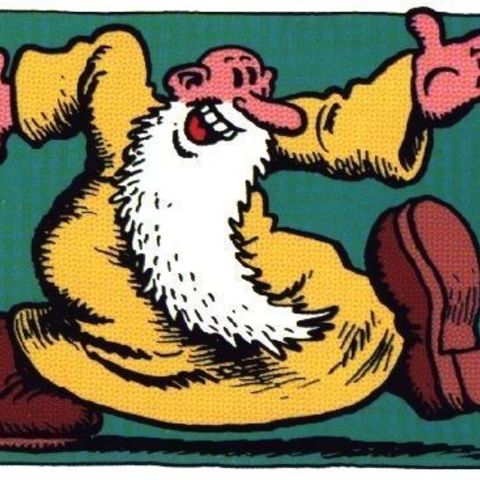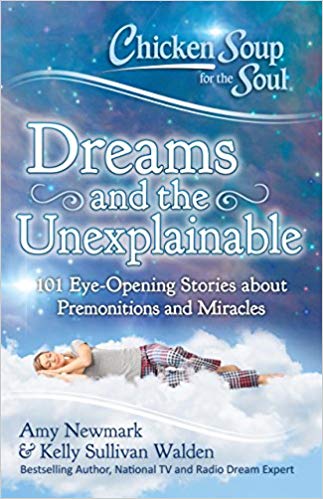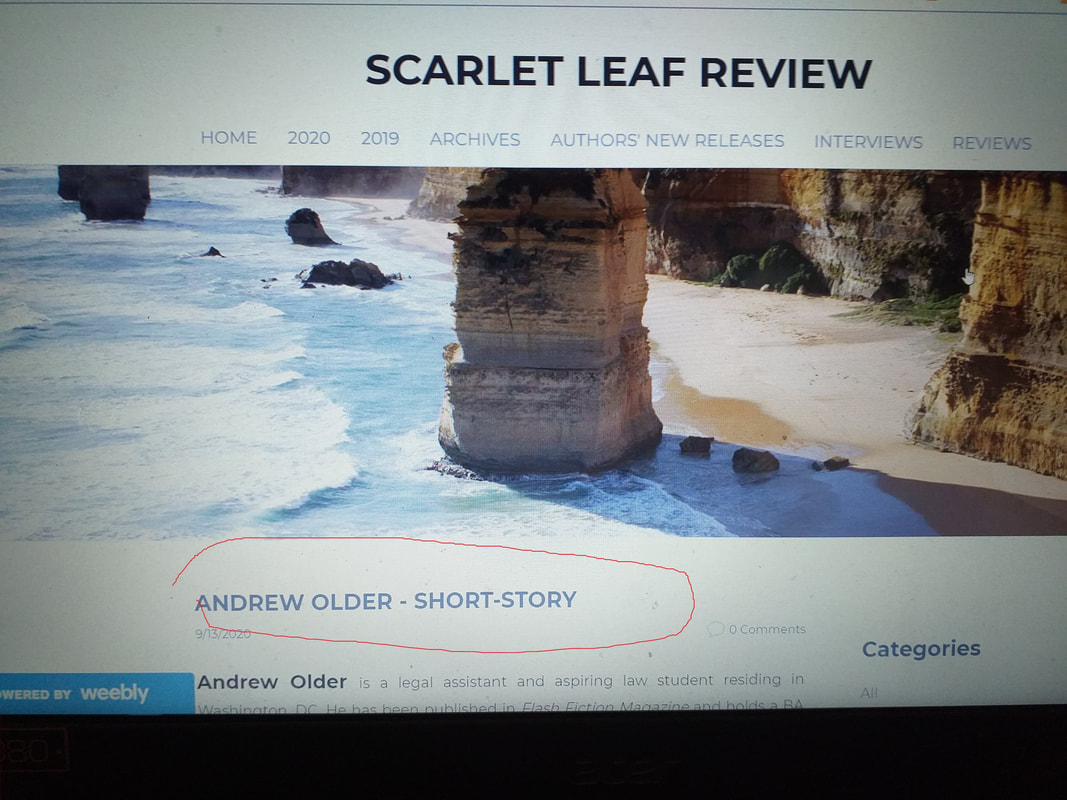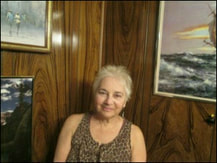|
Lois Greene Stone, writer and poet, has been syndicated worldwide. Poetry and personal essays have been included in hard & softcover book anthologies. Collections of her personal items/ photos/ memorabilia are in major museums including twelve different divisions of The Smithsonian. The Smithsonian selected her photo to represent all teens from a specific decade. penmanshipAn envelope with a two-cent stamp didn’t look discolored or even old, yet the post-office cancelled date said 1927. Why did someone who lived in The Bronx have to write, longhand with a liquid-ink pen, to a person in Brooklyn?
Phone calls, put through by a live operator, were expensive. Many people often didn’t have telephones. Sounds like something from an elementary school history book, and not possibly anyone alive could know if this were accurate. A nineteen year old Bronx boy had fallen in love with a girl from Brooklyn. In perfect penmanship, he began his letter first with his return address on Kelly Street, and began “To my own Dear Marion,” He tells her of his love. He’s also perceptive about her handling office situations where her good nature might cause one to take advantage, and he suggests she confide in him. “I want you to come to me with anything that may trouble you.” With perfect grammar, but a conversational tone, the letter continues for three pages. The writer was my father; he and my mother wed in 1930. I’m unsure how to explain to my grandchildren, or even children, about phones, certainly no tv, no air conditioning, few buildings with elevators, not many apartments with private baths, putting coins into a meter to heat a room. My own offspring remember that I waited until after 11pm to call my mother, long distance, as the rates went down after that hour, but they’ve no recollection about our tv set, only black and white until about 1970, was perched on a metal stand. As I held the letter trying to imagine my own parents at age nineteen, a smile came as I’ve tangible proof of much simply because there were few phones and too much cost to even use one. A subway ride divided them, but the distance was as short as expressing feelings via pen, paper, and postage. "How to Use the Dial Telephone" (1927) (The Museum of Public Record) informed people how to place calls themselves without depending upon telephone operators. Phone numbers back then were just four digits, instead of ten. But the public still had to be instructed how to, literally, remove the receiver, wait for a "tone" then dial the numbers. “...when Bell first showed off his telephone, many people argued that we didn’t actually need such a device. Why would you want to hear someone’s voice when you could just send them a telegram instead?” (The History of the Telephone) “Candlestick phones were popularized throughout the 1890s to the 1930s. The candlestick phone was separated into two pieces: a mouthpiece that stood upright (“the candlestick”) and a receiver, which was placed in your ear when you were placing a phone call.” Telegrams were costly; while 2-cents for postage on a letter was not considered inexpensive, it certainly was less than a telegram! A phone? A luxury. What did a nineteen year old, whose father died at age forty-one without life insurance, and who watched his widow-mother figure out and raise and educate five surviving children, know about luxury. I was tethered to a heavy black phone and monopolized it during my teen years; I didn’t know about paying bills. Calls to my fiancé, twelve hundred miles away in med school, were made person-to-person since his dorm (as mine had been) had only one telephone in the lobby area and he had to be summoned via intercom from several flights of stairs. I was in grad school and my mother was paying, although I only later wondered how she, a widow when my dad died at age 45, managed. Because of distance, and phone expense, we corresponded with ink and paper. Our lives, frustrations, yearnings were penned, and, sometimes, I’d spend extra money on an air-mail stamp else the transportation was by rail and took longer. I also used thinner stationery lessening the postage-weight. I understand my parents’ 1927 process. It could not be explained well today. Just the sentence from telephone’s history “Why would you want to hear someone’s voice when you could just send them a telegram instead?” even makes me grin as I use Face Time, Skype, WhatsApp with out-of-town family. I want the sound of voices, and to see a great-grandchild ride a tricycle for the first time; I want my smartphone to record as-it-happens events I can no longer attend. For me, today is incredible.... yet.... it is incredible for me to read my dad’s handwritten letters while in his teens and glance at the boy who, as a man, retained the same values and philosophy.
0 Comments
Lois Greene Stone, writer and poet, has been syndicated worldwide. Poetry and personal essays have been included in hard & softcover book anthologies. Collections of her personal items/ photos/ memorabilia are in major museums including twelve different divisions of The Smithsonian. The Smithsonian selected her photo to represent all teens from a specific decade. Is the opposite of smart, dumb? Just when I assumed definitions had changed about as much as possible for 2019, and Scrabble added new words forcing serious players to update their books, the tech teams took language to another stage. I’ve taught English to both high school students, and college ones. Though subject matter, and expectations in writing, differed for the age groups, basic skills were, well, just basic.
Basic. Once, in the ‘80's, it was a computer program. Who’d know that now? I grew up with a basic, (different meaning) watch-face; no one said ‘analog’, it was a dial. An alarm clock had a pin to pull out to set it to signal, and no how-to-use manual was necessary to turn it on or off. My radio had tubes that heated for a bit before sound came through; no surround-sound, just broadcast. No, it wasn’t simple to look up a word as one had to know how to spell it first, and dictionaries were really heavy. How, I told my mother, am I supposed to look up the spelling of pneumonia when it’s pronounced newmoanya and won’t be there! That was confusing! Integral Algebra was complicated. Puberty’s emotional see-saw changes were confusing. Mixed-messages from family about what was correct behavior in society also seemed ‘mixed’ as how was I to enjoy intelligence but not let people know I was smart, for example. Daily life became less heavy-lifting as luggage donned wheels, stick-shift cars became automatic transmission, garage doors went up and down by pressing a button, dishwashers concealed soiled dinnerware and cleaned them when we were ready to have that engaged. Microwaves heated by magic, and refrigerators no longer had frost build up. Whole house air-conditioning, telephones free from being secured to a wall, heavy 78rpm records going to LP’s then CD’s and ultimately to i-pods seemed wow. An electric typewriter was easier on the fingers. No speed bicycles became geared... well, these things are a bit humorous to the young who are growing up with computers, cell phones, artificial intelligence, hands-free phones in a car, and soon even driverless automobiles. But now smartwatches are a reality. Smartwatch. It detects when the wearer falls down and calls 911; honestly. It has e-mail, and telephone, and weather reports, and messaging, and measures footsteps, tells time.... for starters. Having a phone/Internet/ etc. on a wrist not even tethered to a telephone in the pocket is a freedom. But language is, again, laughing at the user. This simple all-in-one device that literally is worn on the wrist has complications. To uncomplicate, Apple’s face has the ability to have each corner customized to the wearer’s interest for instant information. Intended to be an addition and to simplify getting, for example, the e-mail or a scheduled appointment quickly seen, these quick access things are literally named Complications. Who chose that word? Wasn’t anyone in one of my English classes. Look up the definition: a difficulty, an involved or confused state, complex consisting of many different and connected parts/not easy to understand. So personalizing the watch face for quick and individual ease involves Complications. The four corners of the device offer a potential use of the space: leaving it blank so one Complication can be nothing. Until that word can be changed to ‘personalization’ or something suggesting the real intention of those corners, I’ll opt for ‘nothing’.  Ann Christine Tabaka has been nominated for the Pushcart Prize in Poetry, has been internationally published, and won poetry awards from publications. She lives in Delaware, USA. She loves gardening and cooking. Chris lives with her husband and two cats. Her most recent credits are: Ariel Chart, Page & Spine, West Texas Literary Review, Oddball Magazine, The Paragon Journal, The Literary Hatchet, The Stray Branch, Trigger Fish Critical Review, Foliate Oak Review, Better Than Starbucks!, Anapest Journal, Mused, Apricity Magazine, The Write Launch, The Stray Branch, Scryptic Magazine, Ann Arbor Review, The McKinley Review. Face like Vodka |
Categories
All
|










 RSS Feed
RSS Feed